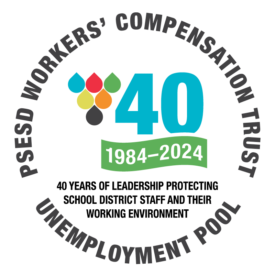Misconduct – When Employee is Fired
If an employer can prove misconduct, a claimant will be denied unemployment benefit compensation. Following are the definitions and examples of “misconduct” used by Employment Security.
RCW 50.04.293 & .294 – Misconduct-related Firing
- Employer has burden of showing firing due to misconduct
- Misconduct includes, but not limited to:
- Willful or wanton disregard of the interest of the employer or a fellow employee
- Deliberate violations or disregard of standards of behavior the employer has the right to expect of you
- Carelessness or negligence that causes or would likely cause serious bodily harm to the employer or another employee
- Careless or negligence of such a degree or recurrence that shows an intentional or substantial disregard of the employer’s interest
Behaviors that are Not Misconduct
- Not able to do the job to the employer’s satisfaction after best effort made
- Honest mistake
Behaviors that are Misconduct
- Insubordination: Refusing to comply with reasonable request
- Repeated unexcused tardiness or absences: Continued behavior even
after warnings - Rule violation: Continued violations even after warnings
- Violence or fighting: Deliberately engaging in behavior with someone on the job
- Stealing: Lying to employer or stealing



